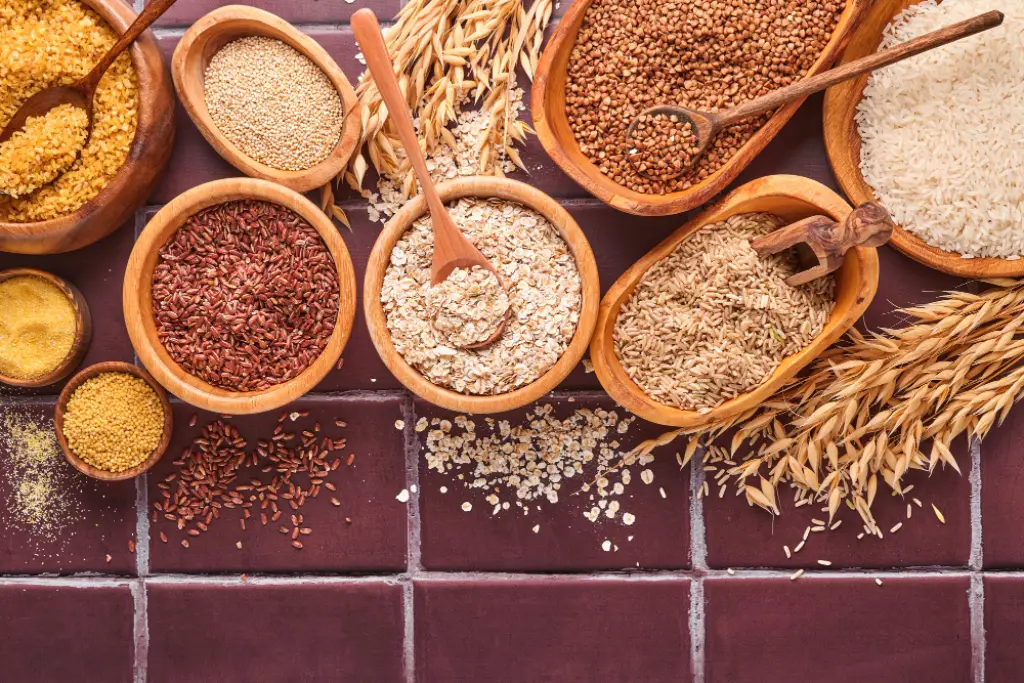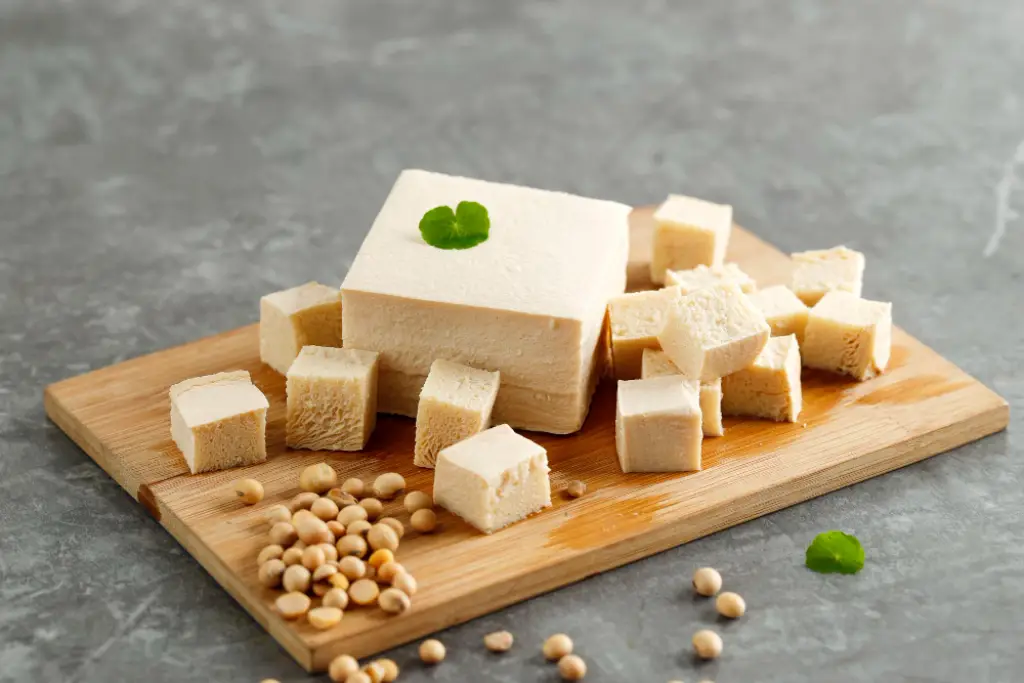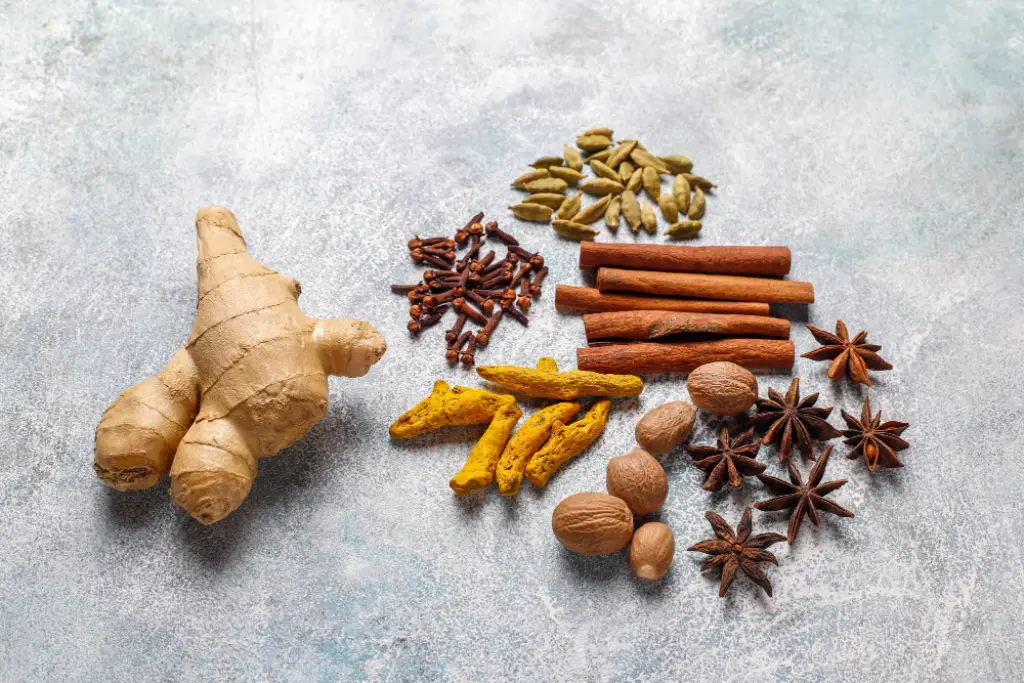As a cancer nutritionist, I have seen firsthand how powerfully food can shape our health, and how the right choices can truly make a difference in disease prevention.
In my practice, I often remind people that it’s not just about what you eat occasionally, but about the daily dietary habits to prevent cancer that really matter.
From my expertise, I can say a cancer prevention diet in 2025 isn’t about strict rules or deprivation, it’s about balance. It’s about filling your plate with natural, nutrient-dense foods while gradually moving away from processed and sugary options.
When we make these small but consistent choices, we are not only adding healthy foods for cancer prevention, but also building strength, energy, and resilience for the future.
In this guide, I am going to share the 10 best dietary habits to prevent cancer, simple, practical steps you can start following today for long-term health.
As a nutritionist, I often guide clients with a complete guide to nutrition in cancer to help them understand how food choices can influence both prevention and healing.
Habit #1: Eat More Fruits and Vegetables Daily
One of the most effective dietary habits to prevent cancer is filling your plate with fresh fruits and vegetables every day. These colorful foods are packed with antioxidants, fiber, and plant compounds, making them powerful foods that fight cancer by protecting cells from damage.
The best fruits and vegetables for cancer prevention include berries, leafy greens, cruciferous veggies, and tomatoes.
I often remind my clients to “eat the rainbow” because each color offers unique nutrients and protective benefits.
Here’s a quick guide you can follow:
| Color Group | Examples | Key Benefit |
| Red | Tomatoes, Strawberries, Watermelon | Lycopene – supports DNA protection |
| Green | Spinach, Kale, Broccoli, Cabbage | Sulforaphane – detox & cancer defense |
| Orange/Yellow | Carrots, Pumpkin, Bell Peppers, Mango | Beta-carotene – boosts immunity |
| Purple/Blue | Blueberries, Grapes, Eggplant | Anthocyanins – reduce cell damage |
| White | Garlic, Onions, Cauliflower | Allicin – anti-inflammatory & healing |
Start small, add a salad, a bowl of berries, or some steamed broccoli to your meals daily. These little steps create a strong foundation for a long-term cancer risk reduction diet.
What you eat directly impacts recovery. Discover the role of the right food while fighting cancer and how it supports the body’s defense system.
Habit #2: Choose Whole Grains Over Refined Carbs
When it comes to building a strong cancer risk reduction diet, the type of carbs you eat makes a big difference.
Refined carbs like white bread, pastries, and polished rice are stripped of their nutrients and can spike blood sugar, leading to inflammation and weight gain over time.
That’s why one of the most effective anti-cancer eating habits is switching to whole grains.
Whole grains, such as brown rice, quinoa, oats, barley, and whole wheat, are packed with fiber, vitamins, and minerals. They support digestion, keep energy levels steady, and protect against long-term health risks, including certain cancers.
Here’s a quick guide to simple swaps you can make:
| Whole Grain (Better Choice) | Refined Carb (Limit/Avoid) | Benefit |
| Brown rice | White rice | Steady energy + more fiber |
| Whole wheat bread | White bread | Supports digestion |
| Oats | Sugary cereals | Keeps you full longer |
| Quinoa | Refined flour pasta | Rich in protein + minerals |
| Barley | Pastries / Cakes | Reduces inflammation |
Even one change a day, like choosing oats over a sugary cereal, can add up to better health and long-term cancer prevention.

Habit #3: Include Lean Proteins and Plant-Based Sources
Protein is essential for repair and immunity, but the source matters. Shifting toward a plant-based diet cancer prevention approach lowers exposure to harmful compounds found in red and processed meats.
Legumes, beans, lentils, tofu, and chickpeas are excellent healthy foods for cancer prevention because they provide both protein and fiber, which improve digestion and support long-term health.
Choosing lean poultry or fish in moderation is also better than relying on heavy red meats. Small swaps like these form strong anti-cancer eating habits over time.
Habit #4: Add Healthy Fats Like Omega-3s
Not all fats are bad; some are actually protective. Adding Omega-3-rich foods like salmon, flaxseeds, chia seeds, and walnuts can lower inflammation and strengthen your cells. Including these in your meals is a simple step in a cancer prevention diet in 2025.
These good fats support heart health, immunity, and may reduce the risk of tumor growth. Replacing fried or processed fats with these natural sources is one of the easiest anti-cancer eating habits you can adopt.
Healthy eating is just one part- discover more ways to protect yourself in our cancer prevention guide.
Habit #5: Limit Red Meat and Processed Meats
Over the years, I have noticed that one of the hardest habits for many people to change is their love for red and processed meats.
But when we talk about a cancer risk reduction diet, this step is non-negotiable. Regular consumption of beef, lamb, bacon, sausages, and deli meats is linked to higher risks of colon and stomach cancer.
These foods often contain harmful preservatives, saturated fats, and compounds that form during cooking at high temperatures.
Instead of cutting everything out overnight, I encourage small, sustainable changes. Here are some healthier swaps you can try:
- Replace red meat with skinless chicken or turkey.
- Add fish like salmon or sardines a few times a week.
- Choose lentils, beans, or tofu as protein-rich alternatives.
- Avoid processed meat cancer risks by limiting sausages, bacon, and deli meats.
Even reducing intake gradually makes a big difference and builds strong anti-cancer eating habits.

Habit #6: Reduce Sugar and Ultra-Processed Foods
As a nutritionist, I often see how much sugar and packaged foods creep into daily diets without people realizing it. I always explain to my clients that adopting a sugar-free diet cancer risk approach can make a huge difference, not just for weight, but also for reducing inflammation and protecting healthy cells.
From my experience, ultra-processed foods like sodas, cookies, chips, and instant meals do more harm than we think. They overload the body with additives, unhealthy fats, and empty calories. When I guide people to replace these with simple, natural choices, like fruits, nuts, or whole foods, they not only feel lighter and more energetic, but also strengthen their long-term protection against disease.
These small, everyday shifts are the kind of healthy foods for cancer prevention strategies that truly last and become part of a sustainable lifestyle.
Habit #7: Focus on Fiber-Rich Foods
In my practice, I often remind clients that fiber is not just about digestion; it’s also one of the most powerful protectors against disease. A diet high in fiber helps your body remove toxins more efficiently, keeps bowel movements regular, and supports the growth of healthy gut bacteria. All of this plays a big role in lowering cancer risk.
I encourage adding whole grains, legumes, fruits, and vegetables to your meals every single day. When you make this a habit, your cancer prevention diet in 2025 becomes much stronger and more effective.
Here’s a simple guide to fiber-rich foods you can include daily:
| Food Group | Examples | Benefit |
| Whole Grains | Brown rice, oats, barley, quinoa | Improve digestion & regulate blood sugar |
| Legumes | Beans, lentils, chickpeas | High in fiber + plant protein |
| Vegetables | Broccoli, carrots, spinach | Support detox & reduce inflammation |
| Fruits | Apples, pears, berries | Natural antioxidants + gut health |
| Nuts & Seeds | Almonds, flaxseeds, chia | Add healthy fats + fiber |
Habit #8: Stay Hydrated with Water and Herbal Teas
In my consultations, I often see people underestimate the power of hydration. Yet it’s one of the easiest dietary habits to prevent cancer. Drinking enough water each day helps the body flush out toxins, supports digestion, and keeps cells healthy.
I also recommend adding herbal teas like green tea, chamomile, or hibiscus. They are rich in polyphenols, natural antioxidant-rich foods, and cancer fighters that lower inflammation and protect the body.
Even simple shifts, like replacing sodas with water or sipping green tea daily, can make your cancer prevention diet in 2025 more effective.
Habit #9: Use Herbs and Spices with Anti-Inflammatory Properties
I always suggest to people that small changes can be just as powerful as big ones. Herbs and spices like turmeric, ginger, garlic, and cinnamon are excellent examples. These everyday ingredients are more than just flavor enhancers; they are natural foods that fight cancer.
They contain compounds that reduce inflammation, boost immunity, and protect your cells from oxidative stress. Turmeric’s curcumin, for example, is widely studied for its anti-cancer effects, while garlic provides sulfur compounds that strengthen the body’s defense system. These act as antioxidant-rich foods and cancer fighters, working silently at the cellular level.
By adding them daily, whether it’s turmeric in soups, ginger in tea, or garlic in your cooking, you are creating simple but powerful anti-cancer eating habits that support long-term health.
To complement these dietary tips, explore lifestyle changes to reduce cancer risk.

Habit #10: Practice Portion Control and Balanced Eating
I often see that it’s not just what people eat, but how much they eat that makes a difference. Consuming excess calories over time can lead to obesity, which is one of the major risk factors for cancer. That’s why portion control is such an important part of anti-cancer eating habits.
I usually guide clients to build a balanced plate, think lean proteins, whole grains, vegetables, and a small portion of healthy fats. This approach ensures you get the right mix of healthy foods for cancer prevention without overloading your body. Eating mindfully, slowing down, and listening to your body’s hunger signals also help prevent overeating.
Balance doesn’t mean restriction; it simply means giving your body the right fuel in the right amounts, supporting both energy and long-term protection.
Balanced eating also depends on your unique constitution, learn more about eating as per your body type (Vata, Pitta, Kapha) and how it shapes your overall health.
Consult a Cancer Nutritionist for Personalized Guidance
In my experience, no two people are the same; our bodies, lifestyles, and health needs are all unique. That’s why when it comes to Cancer Nutrition, a one-size-fits-all approach rarely works. The right diet for cancer prevention or recovery must be personalized.
As a nutritionist, I help clients design a cancer risk reduction diet that fits their body type, medical history, and daily routine. For some, it may mean adding more calcium foods for colorectal cancer prevention, while for others, it could involve choosing the right dairy and cancer prevention strategies or balancing plant-based proteins with healthy fats.
Personalized guidance ensures you’re not just following general tips but creating a plan that truly supports your body’s healing and protection.
If you are looking for expert support in building the right diet for prevention, treatment, or recovery, you can book an appointment with me. I will create a plan that makes healthy eating practical, sustainable, and most importantly, effective for your long-term wellness.
Frequently Asked Questions (FAQ)
Question: What are the best foods that fight cancer?
Answer: The best fruits and vegetables for cancer include cruciferous vegetables, berries, citrus fruits, tomatoes, and dark leafy greens.
Question: Is dairy good or bad for cancer prevention?
Answer: Research shows that calcium foods for colorectal cancer prevention are beneficial. Certain dairy and cancer prevention strategies, like low-fat yogurt, may also help.
Question: Should I completely avoid meat for cancer prevention?
Answer: Not always, but it’s best to avoid processed meat cancer risks and limit red meat intake. Lean poultry and fish are safer alternatives.
Question: How does fiber protect against cancer?
Answer: Fiber-rich foods reduce cancer risk by improving digestion, reducing inflammation, and eliminating harmful substances from the gut.
Tapasya Mundhra is a Clinical Dietitian and Wellness Consultant based in Newark, USA, specializing in Nutrition for Weight Loss, Detox Diets, and Stress Management. With over 13 years of experience, she helps clients optimize their physical and mental well-being through personalized diet plans, moderate workouts, and holistic health strategies. Trusted by countless clients, she is dedicated to achieving sustainable health goals.

